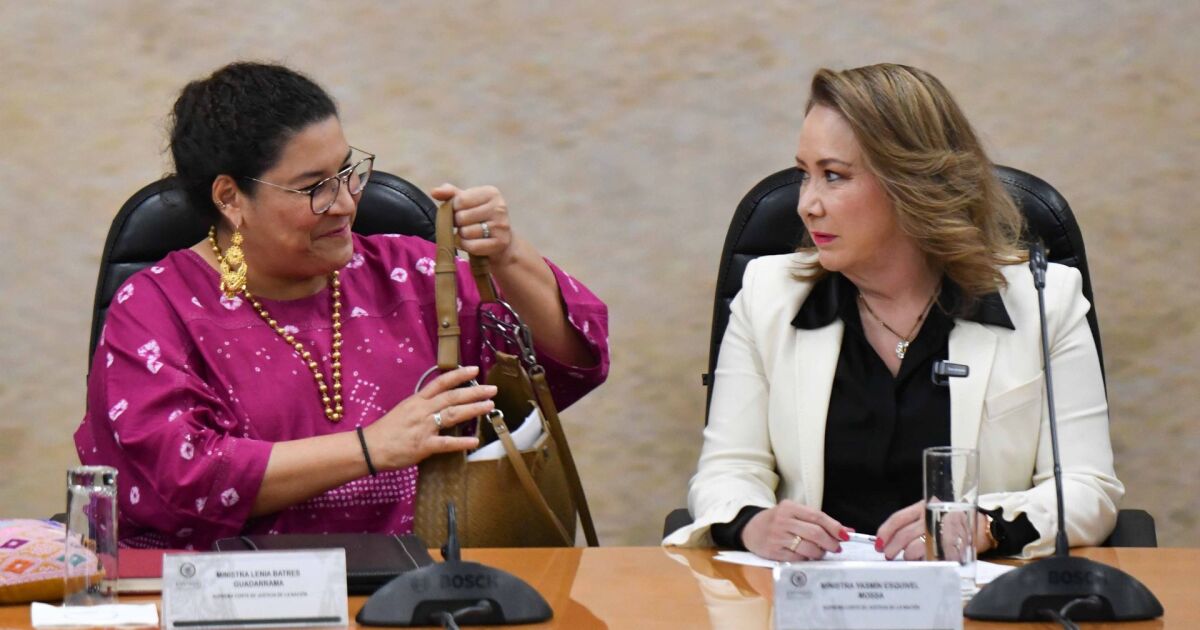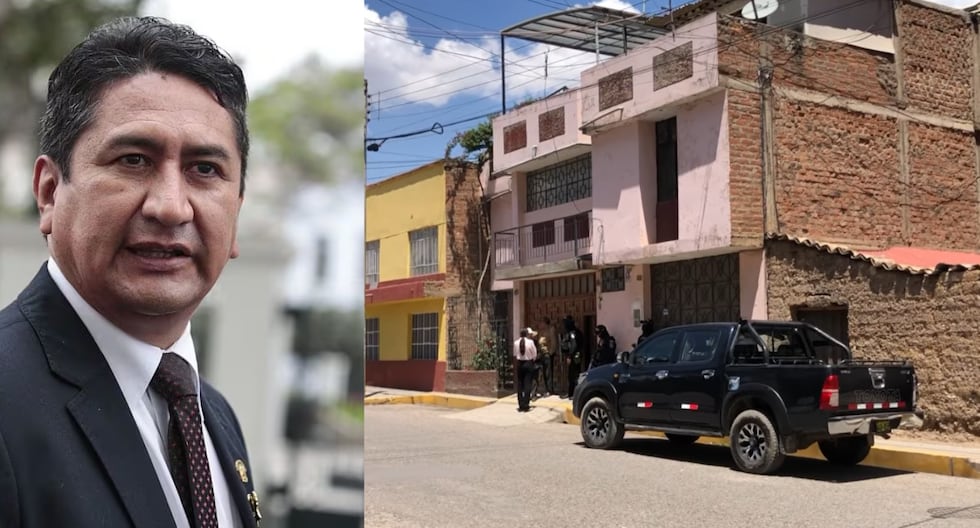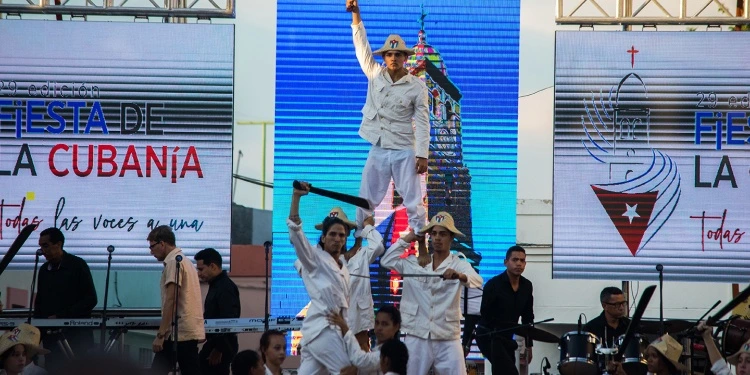Meanwhile, on Thursday the 17th, in an interview in the Senate, Esquivel said: “the most important position in my life and the one that has most honored me is that of being Minister of the Court and nothing would be more gratifying than continuing in it.”
To an express question, she added: “those of us who are in office have an automatic pass to the ballot, in that sense it will be a great opportunity to continue serving in the position of minister.”
And since last September 5, at a rally of Young People in Favor of Judicial Reform, in front of the SCJN, Minister Loretta Ortiz expressed her interest in participating in the process. “We are your servants, we are here to serve you. That is the reason for our function and our existence, just to serve you. That is my mandate and I want to continue keeping it, respecting it and exercising it and that will be thanks to your vote.”
Batres and Ortiz have participated in various forums in defense of Judicial Reform for weeks, but now all their activities will be framed by the judicial electoral process.
The Senate of the Republic issued this October 15 the call for the election of judges, magistrates and ministers of the Supreme Court of Justice of the Nation (SCJN), so the process is already underway, even with judicial suspensions , whose validity both ministers precisely reject.
Although they have participated in conferences and public assemblies on the Judicial Reform, from the issuance of the call they must abide by the rules of the process and its limits.
However, what happened in the internal contest between Morena’s “corcholatas” to occupy the coordination of the defense of the Fourth Transformation could be repeated, a case that the Electoral Tribunal of the Judicial Power of the Federation (TEPJF) refused to consider a prohibited pre-campaign, although the competition was for the presidential candidacy.
Now, in the judicial election, any promotion made today by judges, ministers and magistrates in office seeking re-election would be so advanced that it would remain in undefined territory and in the strict sense would not be sanctionable.
The judicial election is scheduled for Sunday, June 1 and the campaigns will last a maximum of 60 days, that is, April and May.
It will be maximum until February 12 when there are already candidates, once the Senate sends the list to the National Electoral Institute (INE), so it is from that date and until March 30, when campaigns begin, the period considered pre-campaign -according to electoral regulations- and it will be prohibited to promote oneself.
On the other hand, the current stage until February 12 is in question, since it is a period in which activism is considered an anticipated pre-campaign act (not a campaign), and therefore is not subject to regulation.















